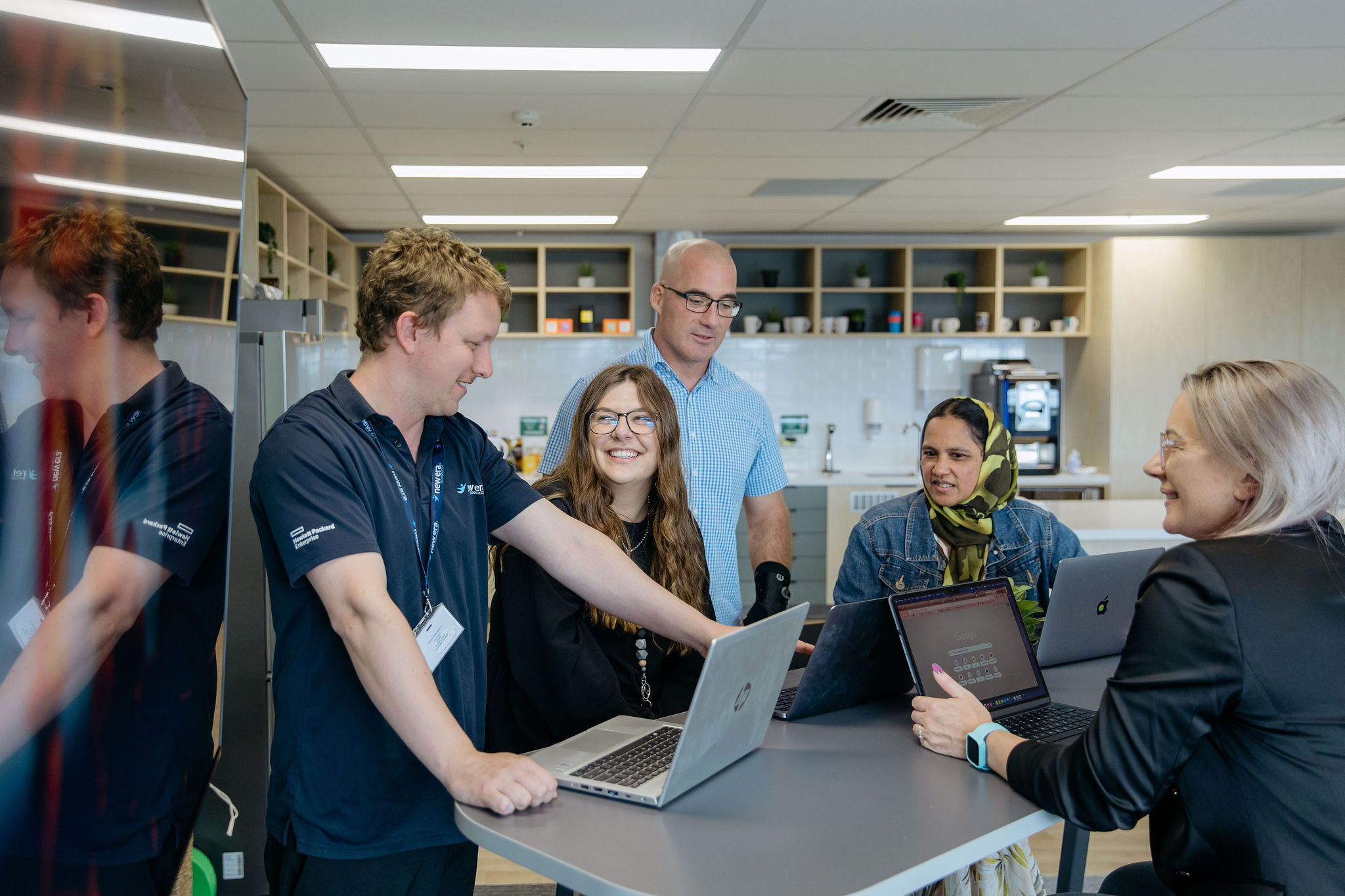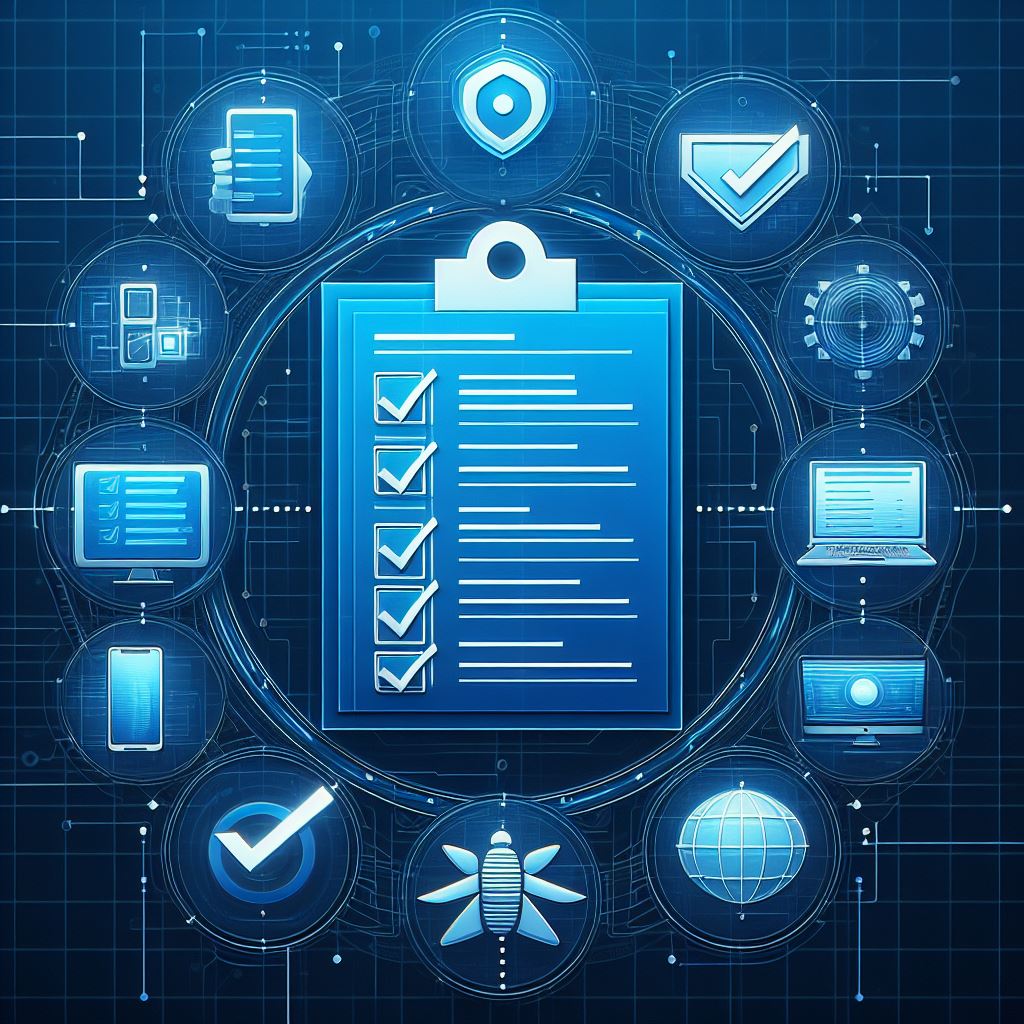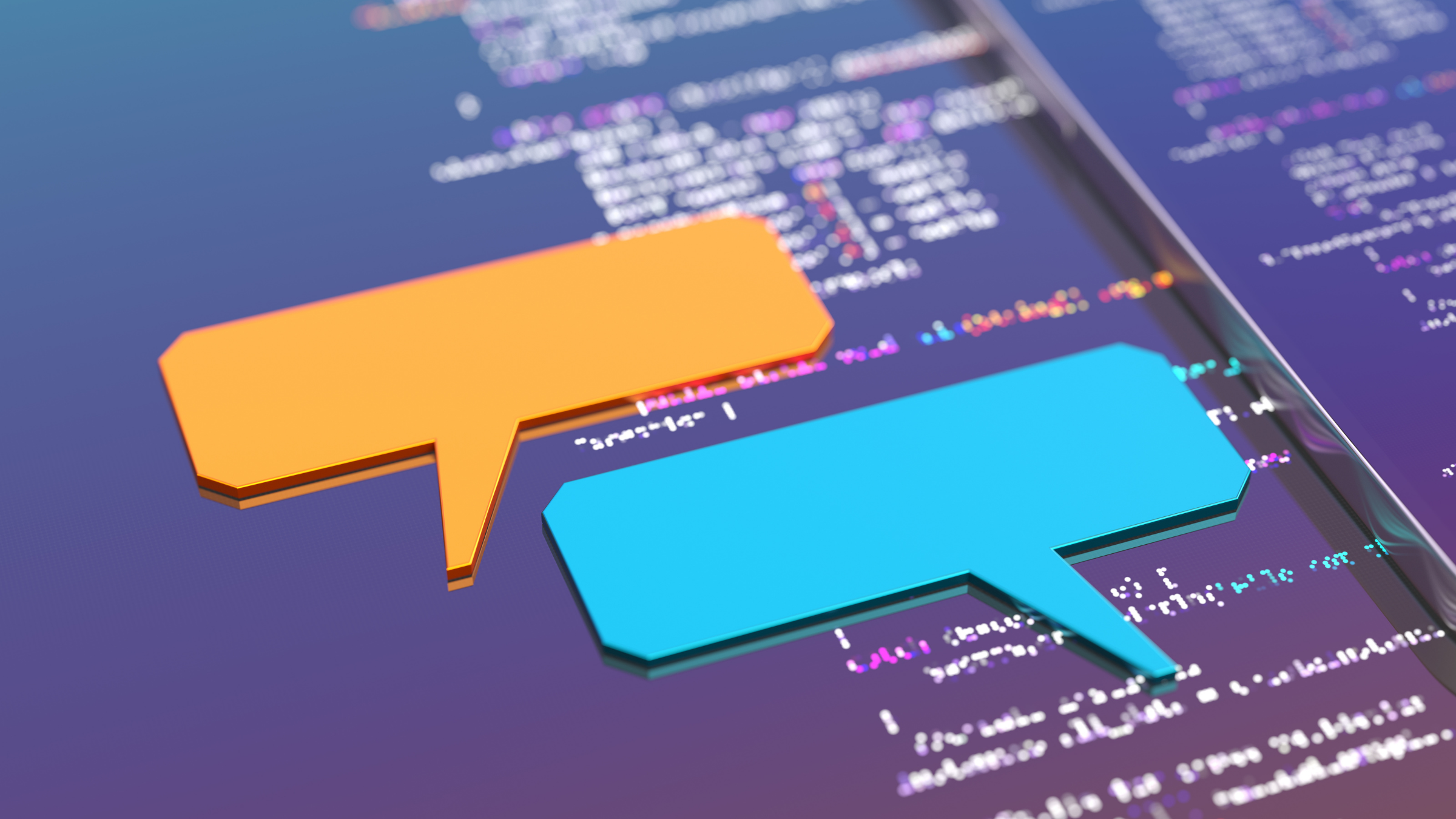With innovations that promise to change the face of education, the EdTech sector is on the verge of a revolutionary transformation. The new academic year will bring several compelling technological developments that will improve personalised learning, leverage the power of Artificial Intelligence (AI), and further embrace immersive technology. Let’s explore the five EdTech trends for 2024 including expert insights from Tony Gilbert, Sales Director at New Era Technology, who provided comprehensive guidance on AI’s impact on education through the “AI and Chat GPT – School Leadership Considerations” webinar held last August 2023.
Personalisation Becomes the Focus
Personalisation will be the defining feature of EdTech in 2024. Utilising their own abilities and interests, students will be able to progress through the curriculum at their own speed thanks to technology. Students won’t be the only ones to profit; teachers will also find useful tools for grading and engaging students in class. The core goal of EdTech will be to personalise instruction for each student.
One of the technologies that will enable this personalisation is generative AI, which can create customised content, feedback, and assessments for each learner based on their preferences, goals, and performance. Generative AI can also help teachers design more engaging and effective lessons by suggesting resources, activities, and strategies that suit their students’ needs and interests.
Hybrid Education: Blending Online and Offline Learning
Once crucial during the pandemic, hybrid learning is now an efficient asset. It offers students flexibility and accountability by effectively integrating both online and conventional education. Of course, strong organisational abilities, encouraging independence, and personalised learning experiences are needed to manage both virtual and physical activities that need to be completed.
Hybrid education is expected to grow rapidly in the coming years, as more schools adopt blended models that combine face-to-face instruction with online learning platforms. According to a report by McKinsey, hybrid education can increase student outcomes by 20 to 40 percent compared to traditional methods. Hybrid education can also reduce costs, increase access, and foster collaboration among students and teachers across different locations.
The Power of ChatGPT and other AI tools
ChatGPT has huge potential in education, in fact, it has already modified how we communicate and write. It can give specific feedback so that learning issues can be quickly identified and remedied. In addition, no one is left behind thanks to ChatGPT’s assistance for students with language and learning difficulties.
ChatGPT is not the only AI tool that will transform education in 2024. Other applications of AI include adaptive learning systems that adjust to each student’s pace and level of mastery, intelligent tutoring systems that provide personalised guidance and support, and data analytics that help teachers monitor student progress and intervene when necessary. AI can also enhance creativity, collaboration, and critical thinking skills by enabling students to interact with virtual mentors, peers, and experts.
Immersive Technology: Augmented, Virtual, and Mixed Reality
Immersive technology refers to the use of virtual reality (VR), augmented reality (AR), and mixed reality (MR) to create realistic and engaging learning environments. Immersive technology can provide students with experiential learning opportunities that are otherwise difficult or impossible to access in real life, such as exploring historical sites, conducting scientific experiments, or practising professional skills.
Immersive technology can also increase student motivation, retention, and transfer of knowledge by stimulating multiple senses and emotions. According to a study by PwC, VR learners were four times more focused than e-learning learners and 1.5 times more focused than classroom learners. Immersive technology can also foster social interaction and collaboration among students who can share their experiences and perspectives in virtual worlds.
Quantum Computing Unlocks Data Insights
Quantum computing holds the potential to revolutionise education by analysing vast data sets, uncovering hidden patterns, and tailoring individual learning paths. It offers a broader view of teaching strategies’ effectiveness while expanding students’ horizons. As quantum computing becomes increasingly accessible, its speed, accuracy, and scalability enhance data analysis in education, leading to improved learning outcomes.
Traditional education faces challenges in catering to diverse learner needs and providing timely feedback. Quantum computing can address these issues by offering nuanced data analysis, revealing insights into learners’ behaviours, cognition, and emotions. It can process data faster and generate personalised recommendations for both learners and educators. Moreover, quantum computing can create immersive learning experiences that deepen understanding of quantum concepts and their real-world applications, making education more engaging. With quantum computing, education can evolve into a personalised, creative, and effective pursuit.
Want to keep your school at the forefront of educational innovation?
Contact New Era Technology, and discover how we can tailor innovative IT/technology solutions to your school’s unique needs and goals.

 Australia
Australia Canada
Canada UAE
UAE United Kingdom
United Kingdom United States
United States


